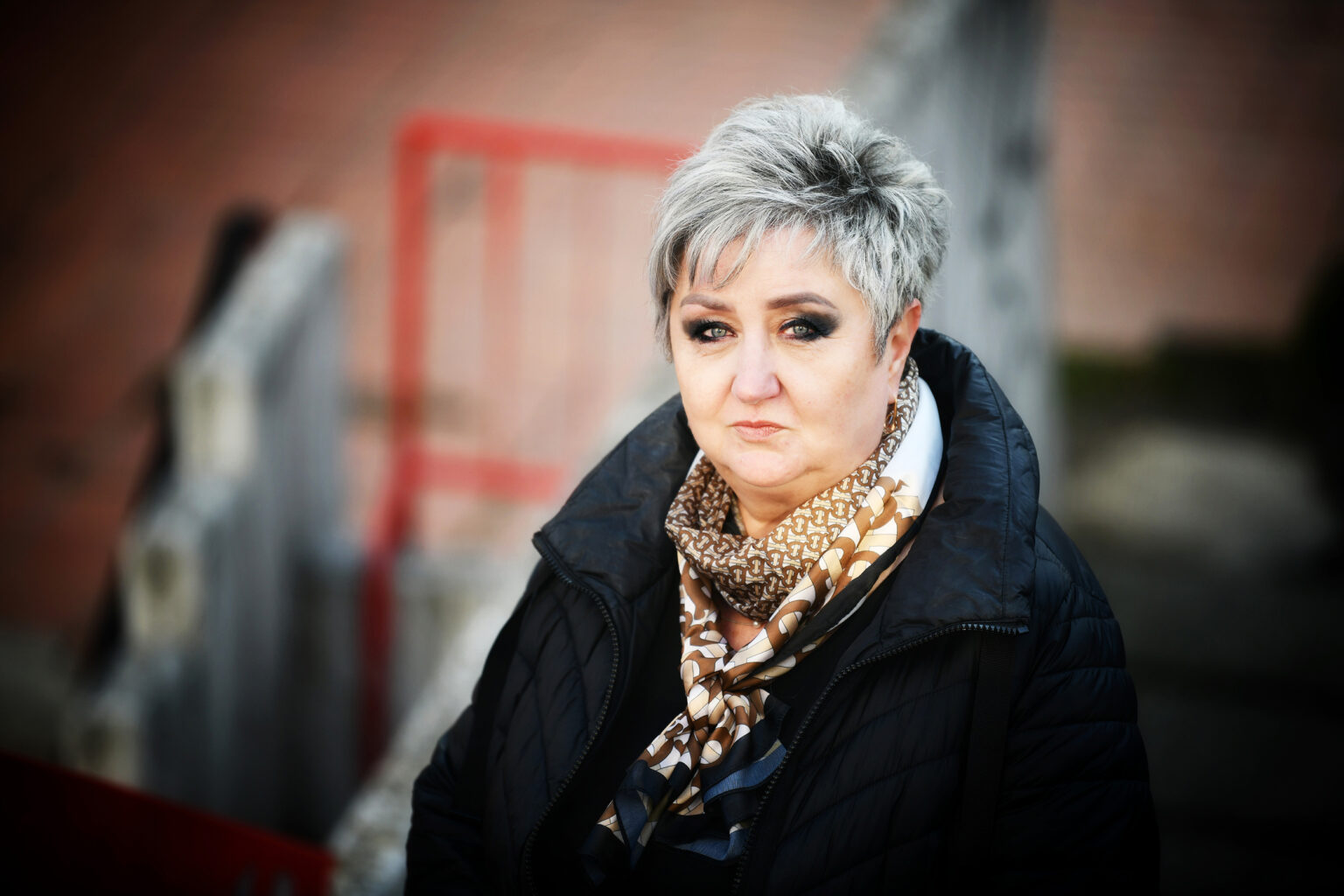Bulgarian President Rumen Radev declared Monday in Tirana that there are no unresolved bilateral issues between Bulgaria and North Macedonia, asserting that Sofia is not blocking Skopje’s EU accession process. The statement came during a joint press conference with North Macedonian President Gordana Siljanovska-Davkova and Albanian President Bajram Begaj, as part of the Southeast European Cooperation Process (SEECP) presidency handover.
“There is no Bulgarian veto, no obstruction of the integration process. The issues in question are internal and relate to the respect of human rights in North Macedonia,” Radev stated, in response to his Macedonian counterpart’s criticism over repeated delays in Skopje’s EU journey.
President Siljanovska-Davkova argued that the Balkans should not become a source of obstacles to European integration, warning of a “Balkanisation of the EU” through the misuse of veto power, identity politics, and historical revisionism.
“The Balkans should be an engine for enlargement, not a roadblock. When bilateral issues are used to condition EU membership, it undermines the credibility of the Union itself,” she said. She added that candidate countries are increasingly facing challenges that go beyond the EU’s acquis communautaire, focusing instead on national identity and historical disputes.
Taking over the SEECP presidency from Albania for the July 2025 – June 2026 term, Radev pledged that Bulgaria will be a constructive partner, helping neighbors implement the Copenhagen criteria for EU membership.
“We won’t just preserve what has been achieved so far – we will build on it with a vision to address the region’s challenges. Bulgaria will remain a neighbor and friend, always ready to extend a hand for cooperation,” he said.
North Macedonia Hesitant About Meeting Bulgaria at NATO Summit
Despite the conciliatory tone in Tirana, it remains unclear whether a meeting between Macedonian and Bulgarian leaders will take place at the upcoming NATO Summit in The Hague later this month. North Macedonian Foreign Minister Timčo Mucunski stated, “We cannot yet confirm any initiative for a meeting between President Siljanovska and Bulgarian Prime Minister Rosen Zhelyazkov.”
Mucunski reiterated Skopje’s openness to constructive solutions, but drew a firm line: “There is no room for compromise when it comes to national identity, history, and the fundamental rights of the Macedonian people.”
He added that his government maintains regular communication with EU institutions and member states, working to revive dialogue with Sofia as the integration process faces increasing gridlock.
Bulgaria Pledges Full Support for Albania’s EU Aspirations
During his visit, President Radev also reaffirmed Bulgaria’s strong support for Albania’s EU path. “Albania has demonstrated its ability to implement key reforms. We will continue to support this effort,” he said, also praising the Albanian government for successfully conducting its 2023 population census in line with European standards.
He emphasized the importance of protecting the rights of the Bulgarian minority in Albania and called for the establishment of mutual cultural institutes – one Bulgarian in Albania and one Albanian in Bulgaria.
Corridor 8: A Strategic Lifeline for the Region
A major topic of discussion was the development of Corridor 8, a trans-Balkan infrastructure project connecting the Albanian port of Durrës to North Macedonia and Bulgaria. Radev described the project as essential for regional security and economic growth.
“This is not just about infrastructure – it’s about building a bridge of friendship and cooperation among our peoples. Bulgaria is committed to completing it as soon as possible,” he said.
While Albania faces significant delays in constructing its portion of the corridor, North Macedonia has already started building a railway line toward the Bulgarian border. Meanwhile, Bulgaria still has work to do: the Sofia–Gyueshevo railway remains outdated, with trains moving at just 30 km/h, and a 2.5 km stretch near the border is still missing.



